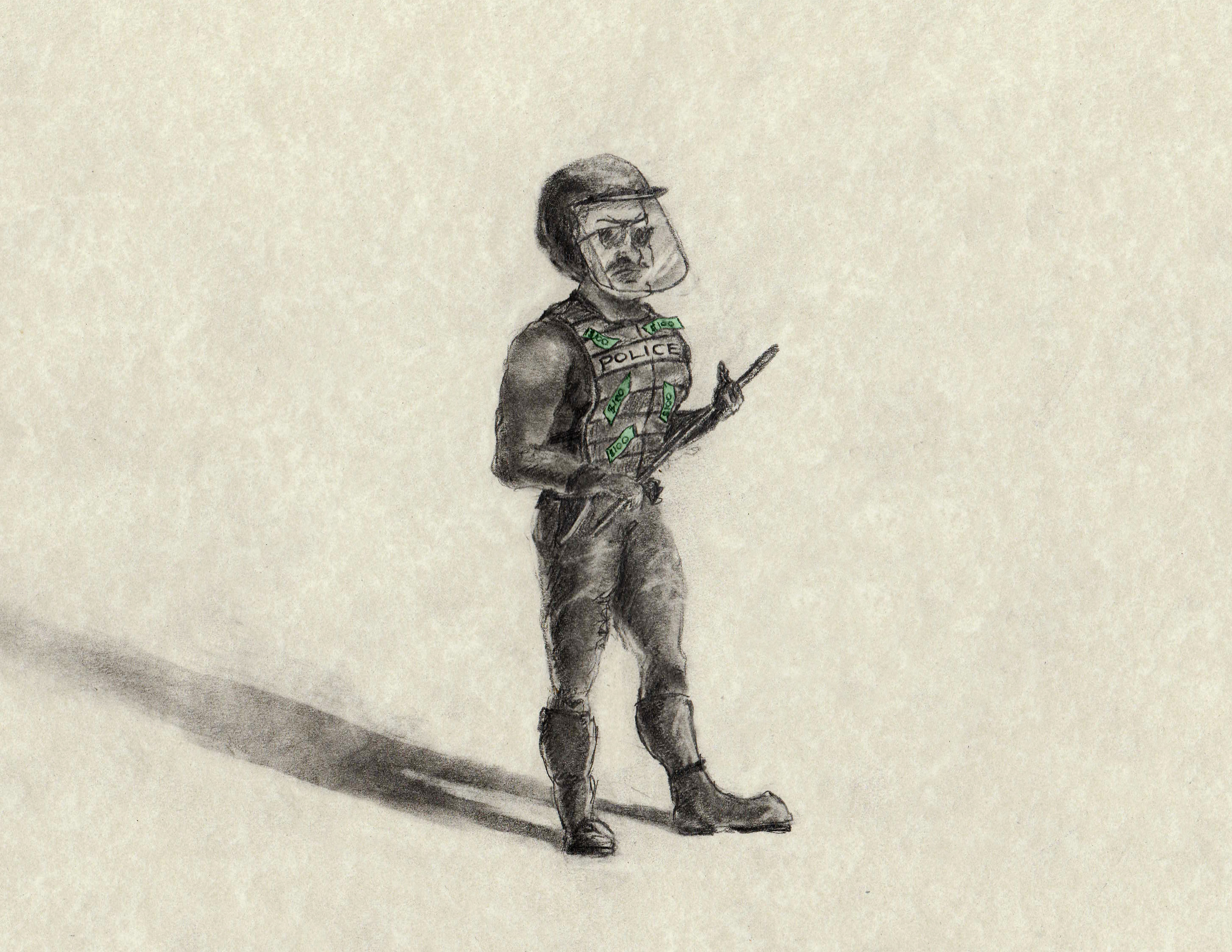If you are someone who wants their theatre experience to be a self-contained couple of hours — to be impacted during the performance but still be able end your night watching TV while matching socks — then Cloud Nine probably isn’t for you. But if you’re willing to be engrossed by two and a half hours of raunchy, over-the-top spectacle which will leave you utterly confounded (yet thoroughly entertained), then, by all means, reserve your ticket to The Black Hole Theatre Company’s current production.
Cloud Nine is part of Churchill Fest, this year’s master playwright festival. The play is set in the Victorian era, and focuses on a British family living in Africa on the edge of the empire, revealing complex relationship dynamics along gender, race and age lines. Clyde is the stereotyped patriarch of a family who looks to him to dictate their social roles in the colony. Act two jumps ahead a century to the 1970s, and continues with all of the actors in new roles, and the characters who continue played by a different person.
Somehow Caryl Churchill manages to keep the plot and characterizations simple enough that these crazy devices just work. Its effectiveness also stems from the playwright’s manipulations of theatrical form. Virtually every role is cross-cast by gender, some by age or skin colour, a consideration which leaves the audience questioning the general legitimacy of these categories. She also plays with associations; what does it mean that it’s less shocking to see a girl play a gay boy than a “white” actor play a “black” manservant?
Churchill works in the meta-theatrical tradition, an approach designed to break down the fourth wall and draw attention to the artificiality of theatre, and, by extension, society. Her style uses alienation effects pioneered by Bertolt Brecht, except, where he focused on class struggle, Churchill forgoes the pedantic Marxism and adds new shock-and-bewilder tactics to underhandedly de-stabilize a broader set of issues.
You can essentially walk into Cloud Nine with a list of taboos and check them off through the show; there is something to shock, appall or offend everyone. Indeed, if you don’t react to the staged cunnilingus or the uncle banging his prepubescent nephew, maybe it will be the incestuous threesome. Sex here is about power more than pleasure. In act one, virtually everyone’s desires are forcibly repressed for a hierarchy where nobody is happy except Clyde, who desires the only character over whom he doesn’t exercise control. No character’s “casting” actually fits; were it possible for anyone to fulfill the ideal position, the systemic repression wouldn’t work. For example, the character Harry doesn’t lose power because of his homosexuality; he loses rank the moment he defers to Clyde’s orders to get married and thus cure to his “sickness,” because it means he’s agreed that he should be subordinate.
Anyone with an interest in gender performance theory, identity politics or feminism needs to see this play, but not because you have to agree with Churchill’s views to enjoy it. Even if the magical day comes when nobody bothers to sort people into, say, “hetero-“ or “homo-sexuals,” this play will remain salient because it relies on the universal human practice of making up categories, wondering why nobody fits them and then forcing people to conform anyways.
Though Cloud Nine is deeply political, I’m reluctant to reduce it wholly to social commentary; it’s so powerful because it’s funny. And the play hits you with so much, so fast, that it’s a challenge for your conscious mind to decide what anything means, anyway. Cloud Nine was a fantastic experience and I’m still reeling from its impact. As someone who has not been shocked by anything on stage for a very long time, this play provided me with a welcome chance to discover I still have buttons that can be pressed — some of which I’m happy keeping. Still, if this sounds like an experience that wouldn’t appeal to you, then perhaps wait for the next accessible big-name MTC production instead.
Cloud Nine runs until Jan. 31 at The Gas Station Theatre.




